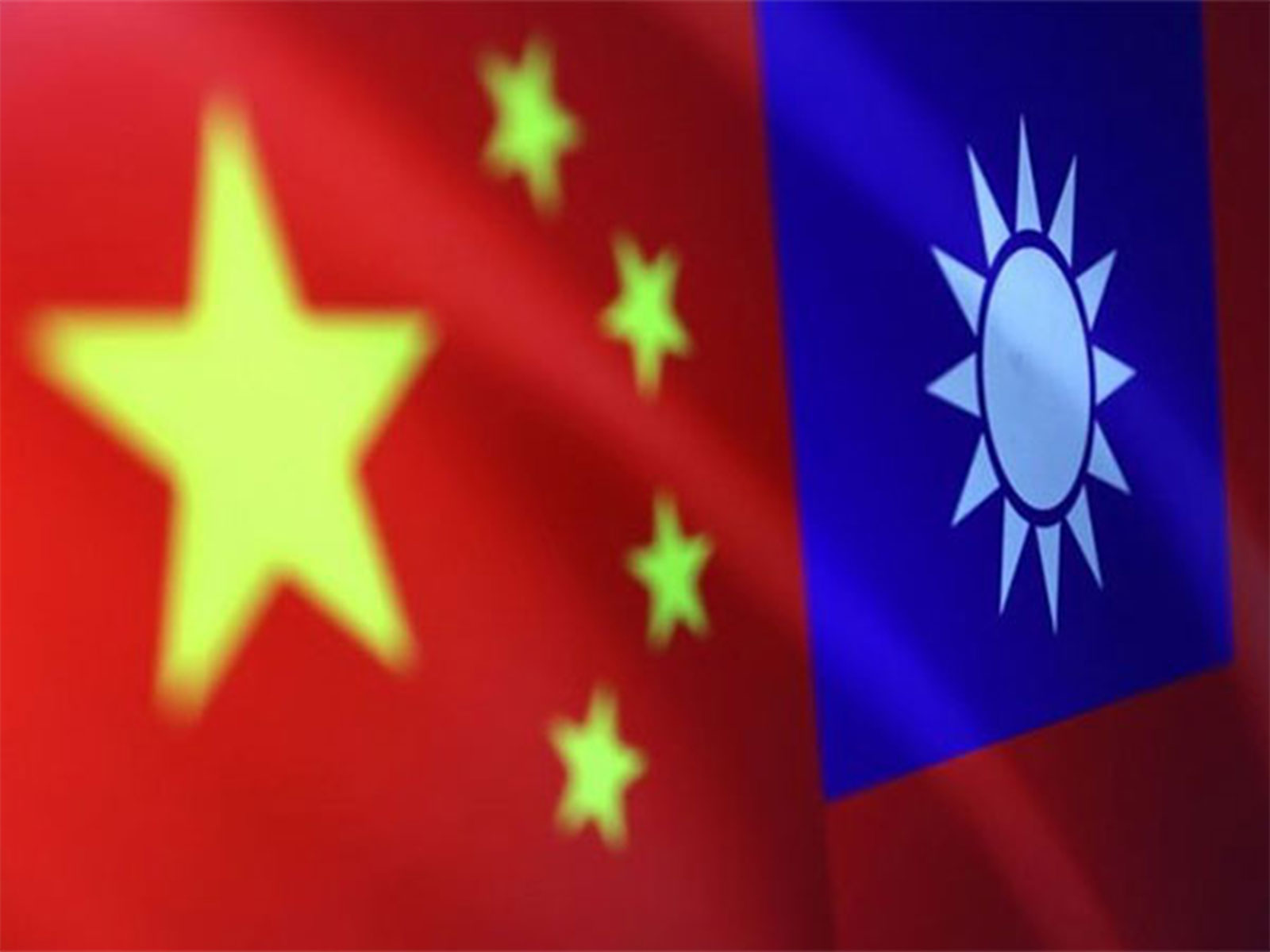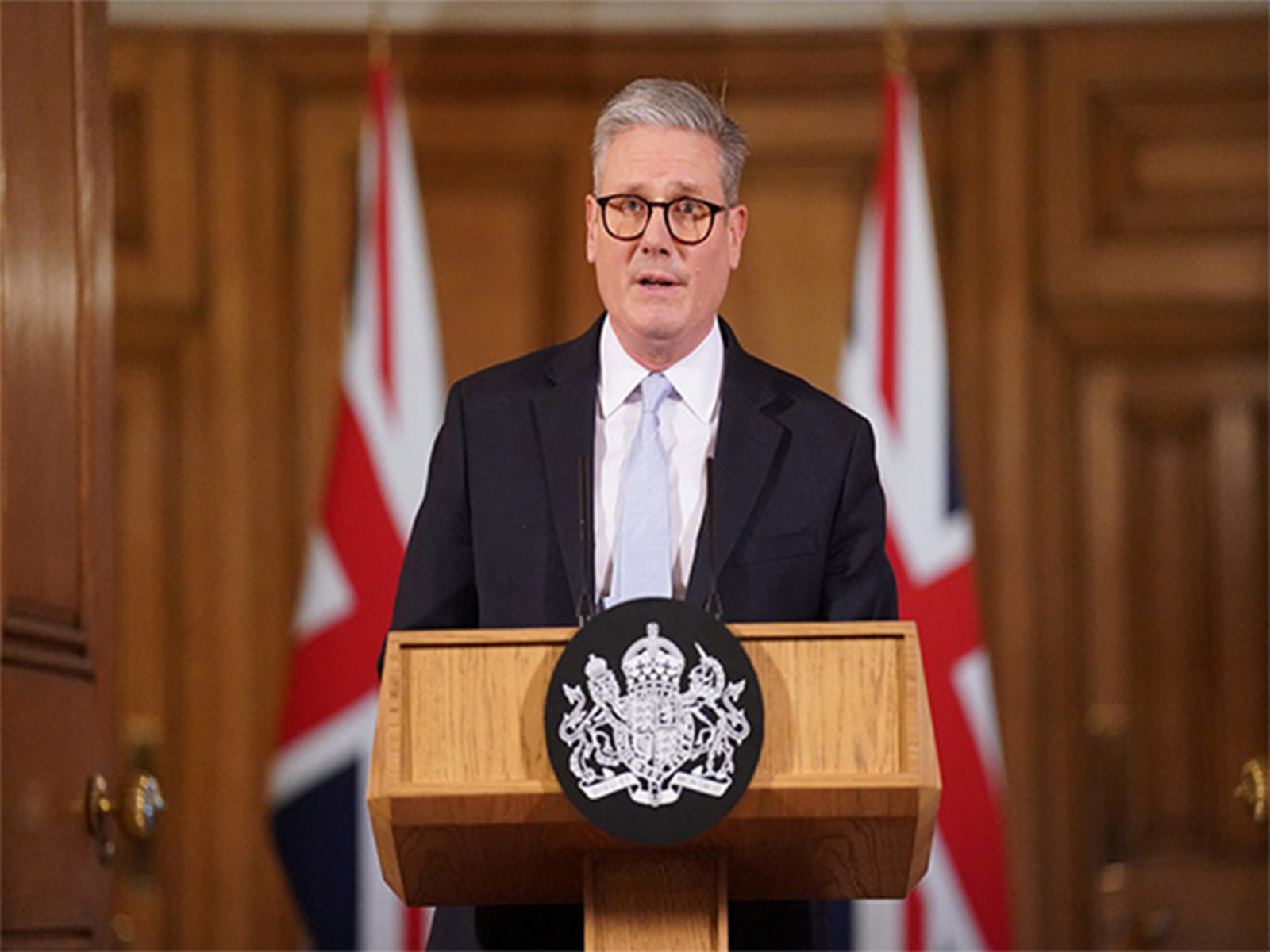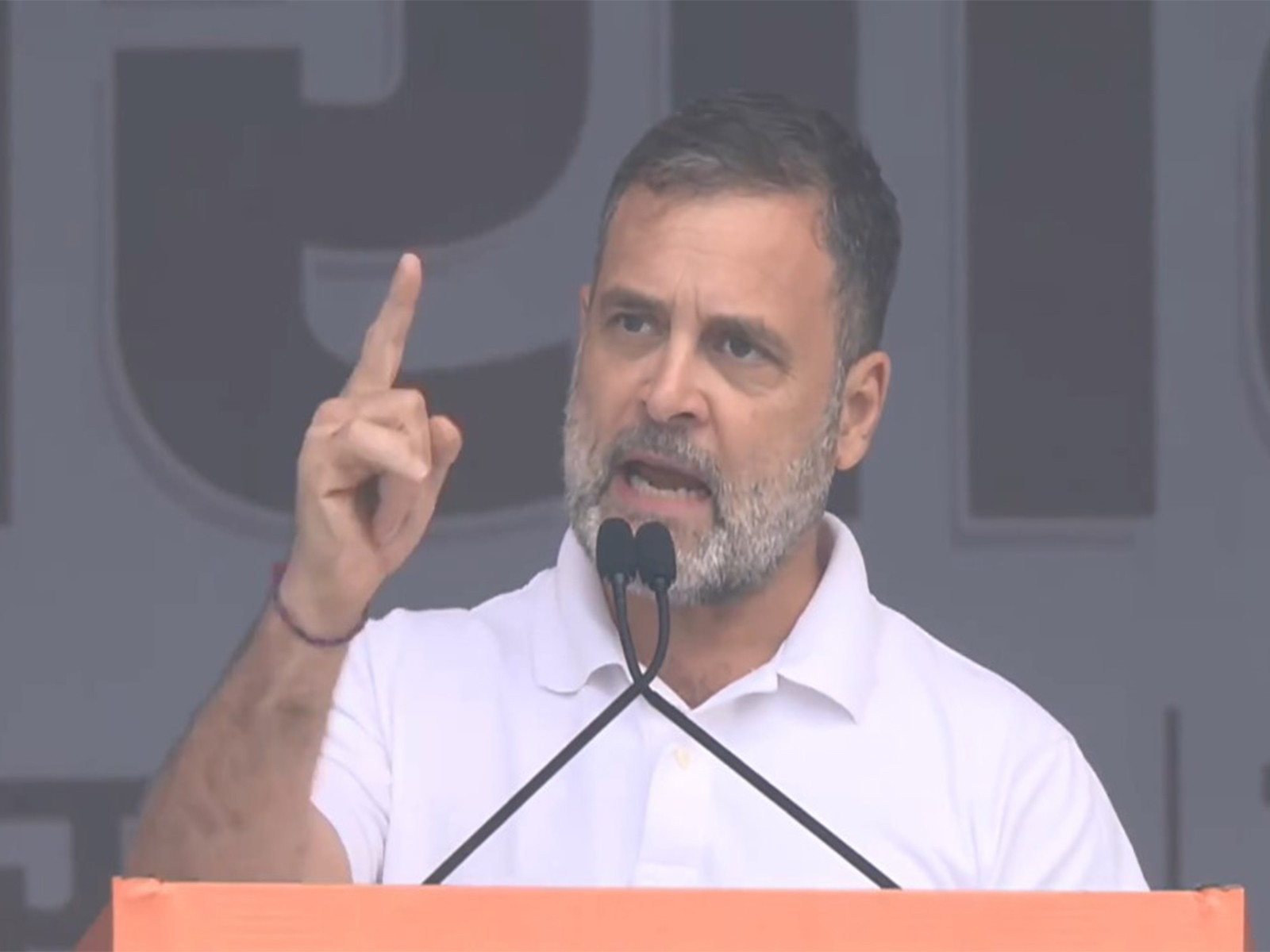Beijing wants to deploy own security amid attack on nationals in Pakistan: Report
Apr 23, 2024

Beijing [China], April 23 : Concerned over the deadly attacks on its nationals in Pakistan, China has sought approval from Islamabad to deploy its security personnel in the country to counter the security concerns, a senior fellow with the Department of War Studies of King's College London and former director of naval research for the Pakistan Navy, Ayesha Siddiqa said in an opinion piece, Nikkei Asia reported on Tuesday.
Sources indicate that Islamabad was close to accepting Beijing's demand in 2016, during Nawaz Sharif's tenure as PM. However, the Pakistan Army, led by Raheel Sharif at the time, intervened and established new military units with around 12,000 personnel tasked with protecting CPEC projects. These units have since failed to prevent attacks against Chinese workers effectively.
"Beijing wants foolproof security for its 1,200 workers building critical infrastructure and teaching in Pakistan. In the face of persistent attacks, Beijing has asked Islamabad to allow it to deploy its own security personnel, but Pakistan has yet to agree," she said in an opinion piece.
"I have been told that Islamabad came close to accepting Beijing's demand around 2016 during Nawaz Sharif's third term as prime minister, but the Pakistan Army blocked the plan. Raheel Sharif, then the military chief, instead created a new army and naval units with around 12,000 personnel with the ostensible mission of protecting China-Pakistan Economic Corridor (CPEC) projects," she added.
Further, in her opinion piece on Nikkei Asia, she stated that the recent attacks on foreign nationals have raised serious concerns about the security of Chinese workers and investments in the country, jeopardizing the China-Pakistan Economic Corridor (CPEC) projects.
Last month, a suicide attacker targeted a bus carrying Chinese engineers, resulting in the deaths of five individuals. In another incident, a convoy of Japanese workers was attacked, believed to have been mistaken for Chinese workers. Beijing has repeatedly urged Islamabad to ensure the safety of its 1,200 workers engaged in critical infrastructure and educational projects in Pakistan, Nikkei Asia reported.
In 2022, after a suicide bombing killed three Chinese language teachers at Karachi University, Islamabad allowed Beijing to send its investigators for the first time and pledged better protection for Chinese workers. However, a subsequent attack on Chinese engineers last month revealed lapses in security protocols, including transporting workers in unsecured buses.
The CPEC army division, although led by military officers, primarily consists of civilian police officers with inadequate training. Many of these officers have been deployed for domestic political tasks, diverting attention from their primary duty of ensuring the security of Chinese workers.
Further, amid domestic political and economic crises in Pakistan, the CPEC and China's ongoing projects appear to be losing priority. Pakistani officials have reportedly engaged in discussions with Saudi Arabia's Public Investment Fund (PIF) regarding the Reko Diq copper and gold mine in Balochistan. Western diplomats have also visited Gwadar, a key area of Chinese interest, while China's top envoys have been absent, Nikkei Asia reported.
While China remains a vital source of weapon systems for Pakistan and crucial to its defence infrastructure, the current army chief, Gen. Asim Munir, has expressed a preference for closer ties with the West. Munir's recent visit to Washington led to promises of support from the U.S. in various sectors, including agriculture, mining, and counterinsurgency efforts.
Observers suggest that China might begin to feel sidelined as other nations, such as Canada's Barrick Gold, operate in Pakistan with fewer security concerns. Baloch nationalist groups view Chinese companies as collaborators with the Pakistani state and are less critical of Western companies operating in the region.
The opinion piece also asserted that in a broader sense, Islamabad's focus has drifted from the CPEC and China's ongoing projects, making Beijing increasingly wary.
Domestic political and economic crises in Pakistan have consumed attention in Islamabad in recent years despite recurrent references by the leaders in power to the importance of the CPEC.
It simply no longer appears to be a top priority. The emerging reality is that while rhetoric about Pakistan's deep friendship with China is still frequently heard, officials are increasingly signalling an interest in making room for other foreign investors, even in areas that had been informally reserved for Chinese use.
These developments certainly do not mean that China has become unimportant to Pakistan. Beijing is now the only major source of weapon systems for Pakistan and key to its defence industrial infrastructure, Nikkei Asia reported.
Yet Qamar Javed Bajwa, who succeeded Raheel Sharif as army chief in 2016, often spoke privately about feeling more affinity with the West than with China. At a private briefing at the International Institute for Strategic Studies in London in 2019, he remarked that Pakistan has "genetic ties with the West" that could supersede its links with China.


















